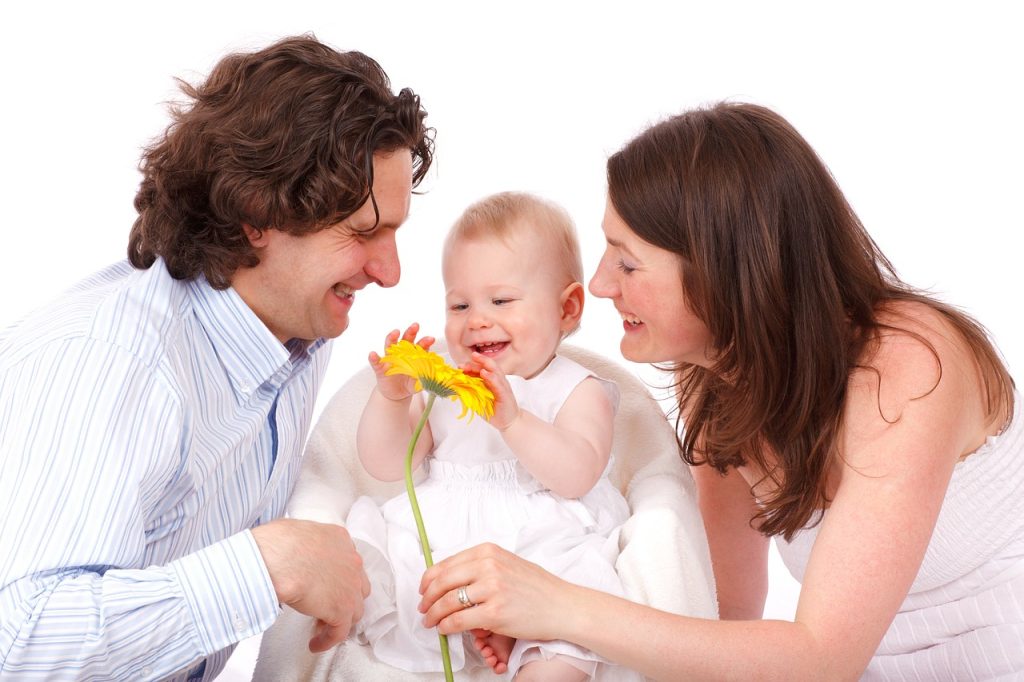We all know that if you have one or more children in your care for any length of time, feeling like being consistently positive about their behaviour (instead of tearing your hair out and yelling like a banshee) can be a real mean feat.
The experts tell us that ‘positive parenting’ – i.e. encouraging positive traits a child might have when you might normally want to pull them up on a misbehaviour, is actually the best way to train them into behaving. Becoming angry is generally not an effective way of disciplining a child. But how easy is this in reality? When you’re at the end of a long day and your patience is being tested by a naughty little one, could you really just be positive?
Of course, we all want our children to behave well, and most importantly to:
- Have respect for themselves and others
- Be polite to others
- Know how to behave in different situations
- Be able to concentrate and pay attention
- Be able to share and to take turns
- Know how to win and how to lose
Ok, so how to go about getting this dream situation from your child? Well the first thing we suggest is to make sure you get rid of any feelings of anger or snappiness. To cut your own stress levels try talking about your frustrations with others, get organised and plan ahead for the stressful times, and make sure you get some time to yourself to relax. Remember, if you are stressed or angry then your child will copy your behaviour, which makes things much worse, and you would be hypocritical to tell them this is wrong.
Here are our key principles for positive parenting:
- Showing love and affection to your child
- Emphasising the things that please you about your child
- Teaching your child by setting a good example yourself
- Praising the behaviour you want to see in your child
- Listening to your child and working out your problems together
- Avoiding harsh punishments like smacking and excessive shouting
- Setting clear limits which are fair and age appropriate
- Expressing your wishes in a way that shows you mean what you say
Remember, it is normal for a child to be naughty and push boundaries, as this is the only way they learn where limits lie in the beginning. It’s only when you feel the child should have learnt where the boundaries are, and they are still repeating bad behaviour, that increasing the amount of positive principles will help.
Talking and listening is arguably the most important part of positive parenting. Getting to know your own child, and knowing what makes them angry or agitated can help you prevent angry or upsetting situations before they happen:
- Language – Try to use positive words.Tell your child what you want them to do, not what you don’t want them to do, so that the focus is taken away from the negative thing. Instead of “don’t make such a mess” try “tidy up your toys please”.
- Tone – your voice is a powerful tool. Sometimes changing your tone or volume can be enough to change the behaviour of a child.
- Listening – Remember that this whole languages thing is new to your child, and therefore they need to be heard. Encourage your child to talk to you, and reassure them that you are listening and taking in what they are saying. This is a great way to reduce their frustrations.
- Explaining – if you have to say ‘no’, give your child a good reason and offer an alternative – “Toby is playing with the car now, let’s find you another toy”.
- Involvement and Discussion – Where possible talk to the child about the rules and what you expect from them, being as clear as you can, and encourage calm discussion if they have any thoughts they want to get across to you.
Oh, and one last thing to remember – smacking NEVER gets you anywhere!
Good luck with your positive parenting from all here at Nannyjob.


Hi. You’ve put together some absolutely invaluable parenting advice in this post! These kinds of positive techniques have been shown to achieve very positive results.
Best wishes, Alex
There are lots of technique for parenting which are automatically learnt by the whom which perform the parenting tasks. It is not a work to learn manually by someone. It automatically teach by life when you perform such tasks related to the kids.